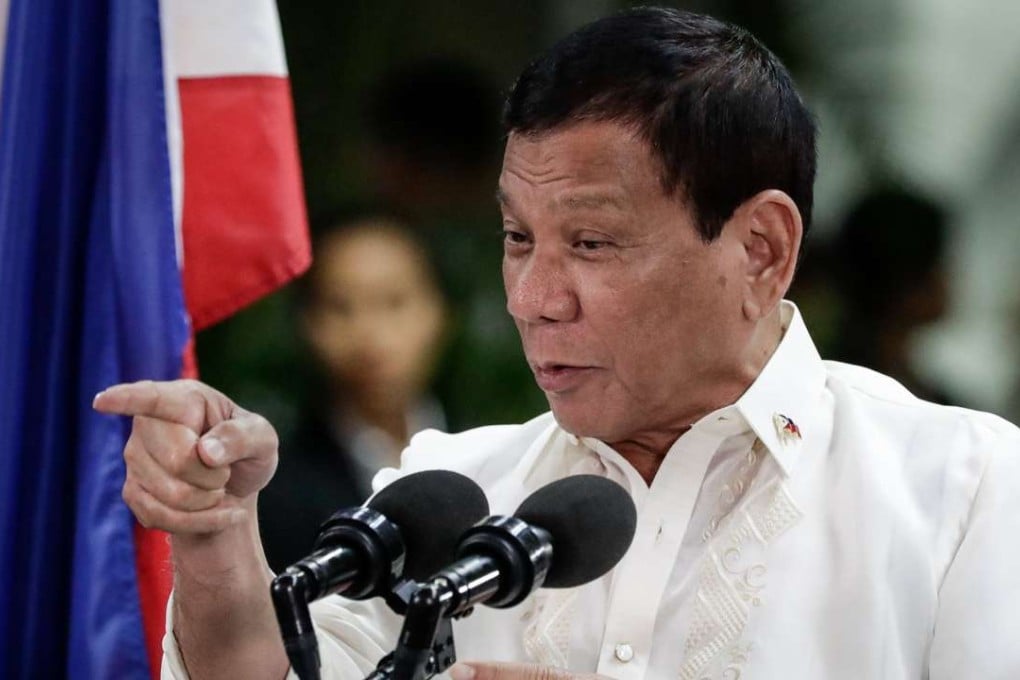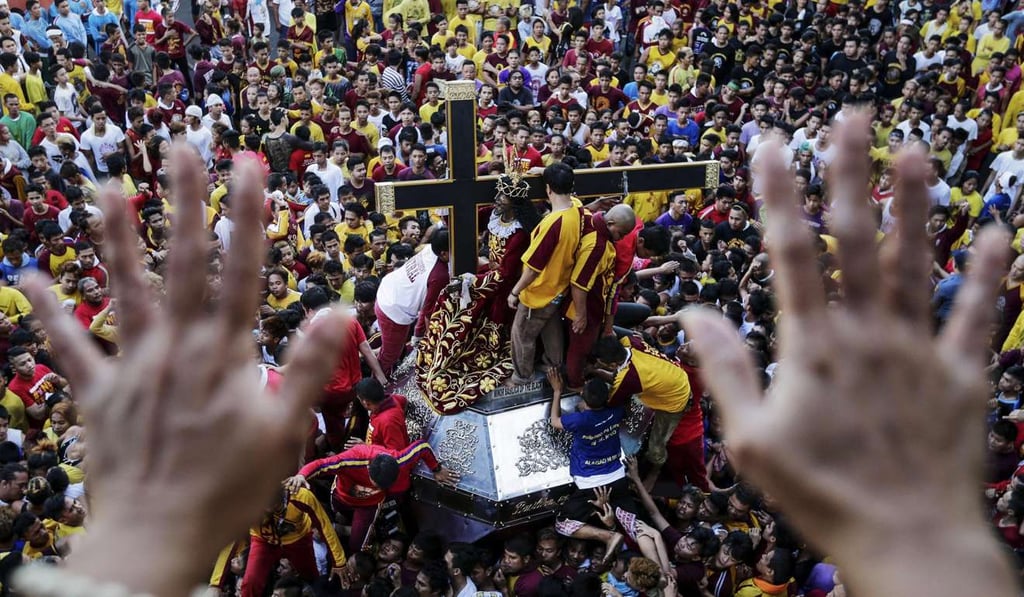Why denial of a political voice means gay rights in the Philippines remain in the closet
Reuben James Barrete says religious and moral prejudices, coupled with U-turns by lawmakers, show true acceptance for the LGBT community in the Philippines will be elusive without access to political dialogue

The Philippines, with one of the most colourful and vibrant gay communities in Asia, claims to be on the crest of homosexual tolerance. However, the general population, particularly the older generation, seems to think LGBT rights and issues shouldn’t be at the top of the political agenda on “moral” grounds and the perceived threat to social order.
Social acceptance only portrays a superficial inclusion of the LGBT sector, not their holistic integration
The quest for LGBT rights and stigmatisation of gays in the Philippines continues, regardless of how tolerant Filipinos are. Their social acceptance only portrays a superficial inclusion of the LGBT sector, not their holistic integration, in society.

Philippines leader calls US envoy ‘gay’ for ‘meddling’ in election
In 2009, the Ladlad party, representing the LGBT community, was denied party-list accreditation by the election commission to contest the 2010 polls, on the grounds that it advocated “sexual immorality” and “immoral doctrines.” The disconnect is clear with the public declarations of politicians supporting gay rights.
